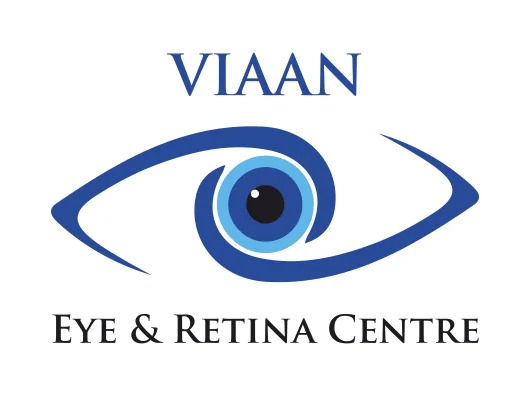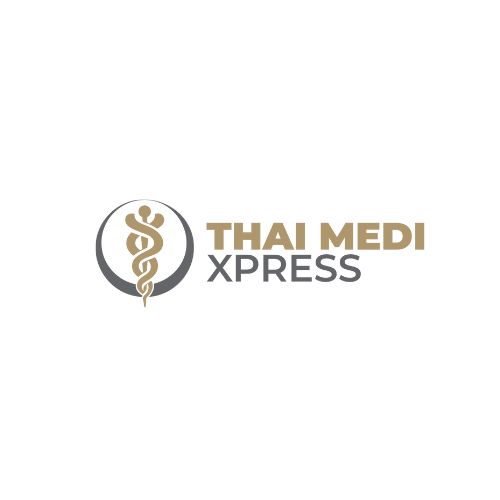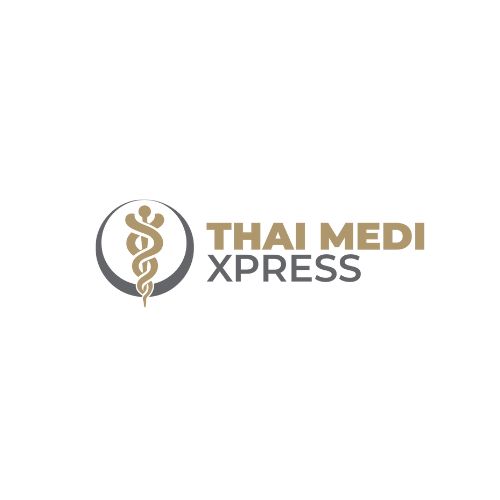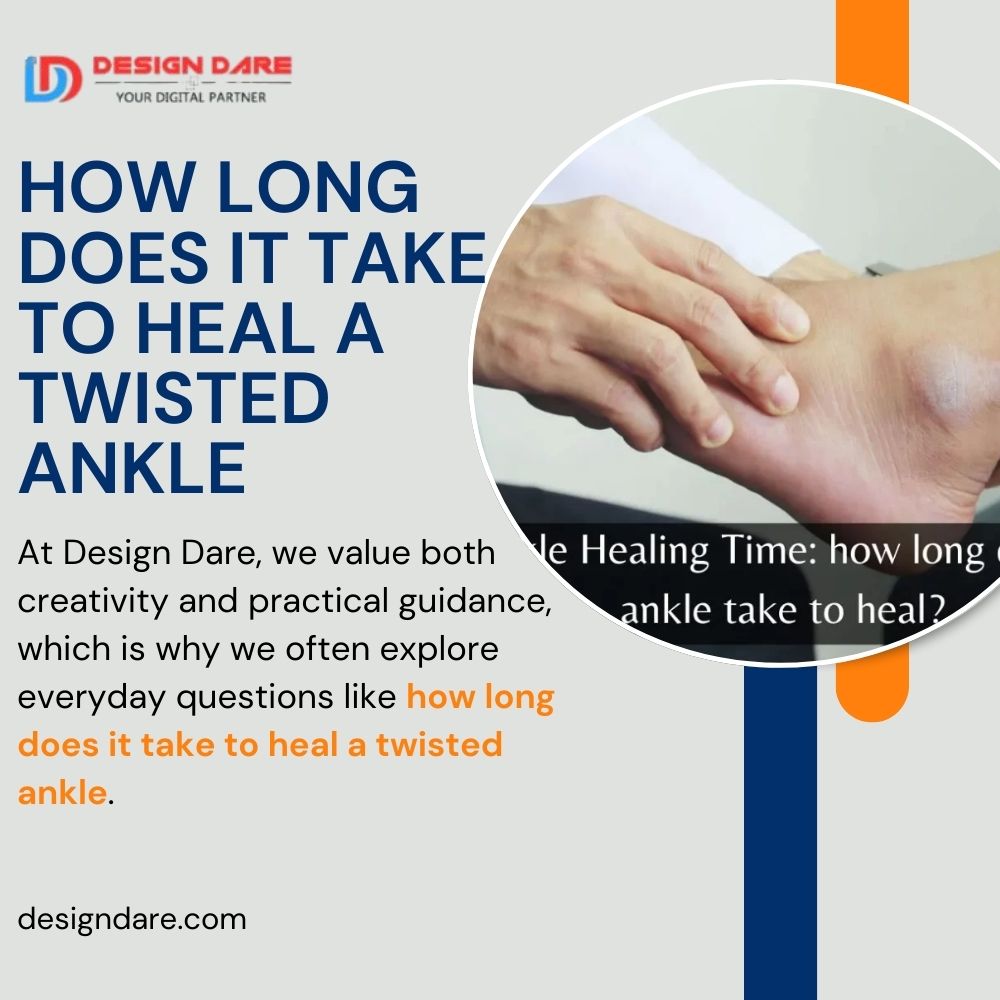Good vision is vital for a child’s growth, learning, and everyday experiences. From reading in school to playing outdoors, eyesight plays a crucial role in development. Unfortunately, many parents tend to focus only on general health checkups, overlooking eye care until problems become visible. Consulting an eye specialist for kids, also known as a pediatric ophthalmologist, ensures that eye problems are detected early and managed properly, safeguarding your child’s future.
Who Is a Pediatric Ophthalmologist?
A pediatric ophthalmologist is a doctor who specializes in diagnosing and treating eye conditions in children. Unlike general eye doctors, they have advanced training in handling childhood-specific eye issues such as lazy eye, squint, refractive errors, and congenital conditions. They also understand how to make children feel comfortable during eye exams, which helps in accurate diagnosis and treatment.
Why Children Need an Eye Specialist
Children often do not realize that they have poor vision, or they may think that everyone sees the world the way they do. This makes it difficult for parents to detect eye problems early. An eye specialist for kids helps bridge this gap by conducting thorough examinations and spotting issues before they affect learning, coordination, or self-confidence.
Some of the main reasons to visit a pediatric ophthalmologist include:
- Early detection of vision issues
- Specialized care for congenital eye problems
- Expert advice on managing screen exposure
- Prevention of long-term vision loss
Common Eye Problems in Children
Refractive Errors
Myopia (nearsightedness), hyperopia (farsightedness), and astigmatism are the most common vision issues in children. These conditions can make it hard to see clearly at different distances.
Strabismus (Crossed Eyes)
When the eyes are not aligned properly, a child may experience double vision or poor depth perception. This condition requires early treatment to avoid permanent vision issues.
Amblyopia (Lazy Eye)
Lazy eye develops when one eye is weaker, and the brain starts to ignore it. Without treatment, amblyopia can lead to permanent vision loss.
Congenital Eye Conditions
Some children are born with cataracts, blocked tear ducts, or corneal problems. A pediatric ophthalmologist can provide timely care for these conditions.
Eye Allergies and Infections
Redness, swelling, itching, and watery eyes are common among school-going children due to allergies or infections. These problems, though minor, need proper care to prevent complications.
Signs That Your Child May Need an Eye Specialist
Parents should watch for warning signs that may indicate vision issues, such as:
- Squinting or closing one eye while reading
- Sitting too close to the television
- Frequent headaches or eye pain
- Difficulty focusing on schoolwork
- Avoidance of sports or outdoor activities
If you notice any of these signs, it is best to book an appointment with a pediatric ophthalmologist.
Importance of Early Eye Checkups
Children’s learning is highly dependent on vision, as nearly 80% of school activities involve visual input. If a child’s vision issues go undetected, they may face academic struggles, reduced self-confidence, and difficulties in sports. Regular checkups with an eye specialist for kids can prevent these challenges.
Recommended Eye Exam Schedule:
- Newborns: Screening at birth to detect congenital issues.
- 6–12 months: Follow-up checkup for eye alignment and development.
- 3–5 years: Comprehensive exam to identify lazy eye or refractive errors.
- School-age children: Annual or biannual checkups, especially if they wear glasses.
Tips for Parents to Protect Children’s Eye Health
- Encourage outdoor play – Natural light and outdoor activities reduce the risk of myopia.
- Provide a balanced diet – Foods rich in Vitamin A, Omega-3s, and leafy greens strengthen eye health.
- Limit screen time – Follow the 20-20-20 rule to prevent eye strain.
- Ensure proper lighting – Reading and studying should be done in well-lit areas.
- Promote good habits – Teach children not to rub their eyes excessively and to wash their hands frequently.
When to Seek Immediate Medical Attention
While regular visits are important, certain symptoms require urgent attention from a pediatric ophthalmologist. These include sudden eye injuries, white or cloudy pupils, extreme light sensitivity, rapid vision changes, or severe pain. Immediate treatment can prevent permanent vision damage.
Conclusion
Your child’s eyes are a precious gift, and protecting their vision should be a top priority. Regular visits to an eye specialist for kids can help detect and correct issues before they interfere with learning, sports, or daily life. A pediatric ophthalmologist provides specialized care tailored to children’s unique needs, ensuring healthy eyesight and clear vision for the future.
By scheduling timely eye checkups, promoting healthy habits, and being attentive to warning signs, parents can safeguard their children’s eye health. With proper care today, children can enjoy a lifetime of bright vision and confidence.






Comments (0)
Login to post a comment.